Since he started kayaking 15 years ago Matt has developed into one of the UK’s most notoriously stylish paddlers and is affectionately referred to by friends as a ‘kayaking ninja’. Matt is well known for his love of downriver freestyle but also his expedition paddling. I’m still not sure which is cooler: the fact that Matt has paddled in remote Madagascar or that he once took a hand roll during the Green race.
Matt’s passion for the sport is infectious and he has combined his enthusiasm and his love of teaching to start a coaching business to help others to progress their skills in the sport, specialising in his favourite discipline – downriver freestyle. In this article, Matt discusses his approach to coaching and how you can make the most of your coaching sessions.
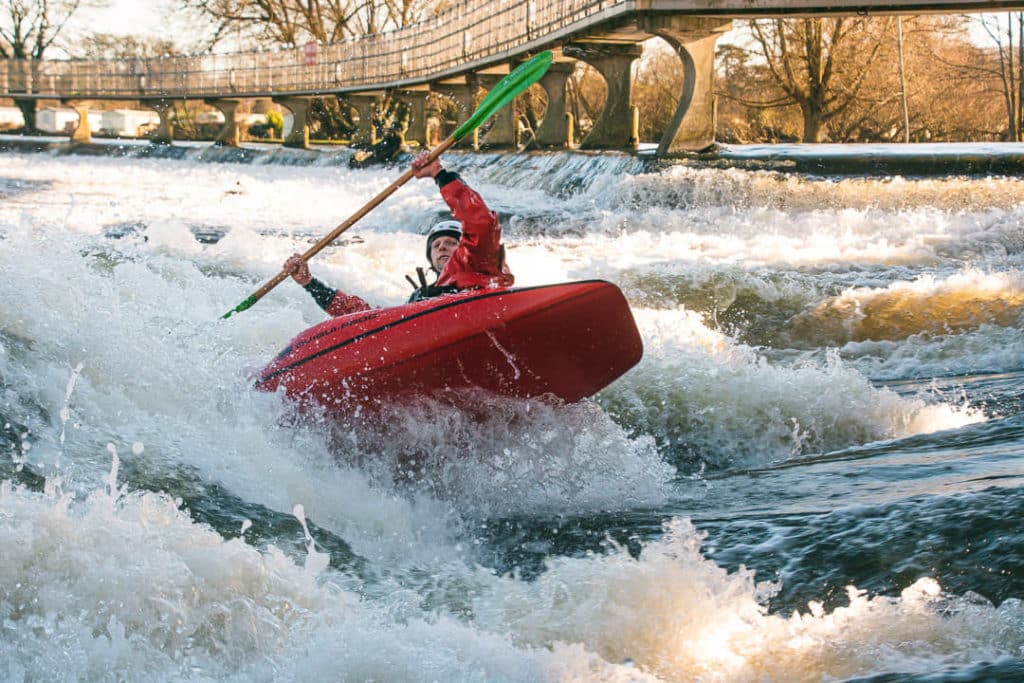
How do you prepare for a coaching session?
The main thing is communication in advance. This goes beyond establishing the normal things such as current ability or what they are looking to achieve. The one question that I specifically like to ask is ‘what relationship have you had or do you have to the river and to kayaking?’ I want to try and find out what elements are involved in the motivations that a person has, such as fear or ego. These motivations are often based on the culture that they have grown up in within the kayaking community.
These elements can sometimes require unpicking as much as technique and so it is important to address them. Having this conversation can help to unlock things before you have even got on the water. It allows you to work out what each person will be bringing to the river with them and include that in your coaching plan.
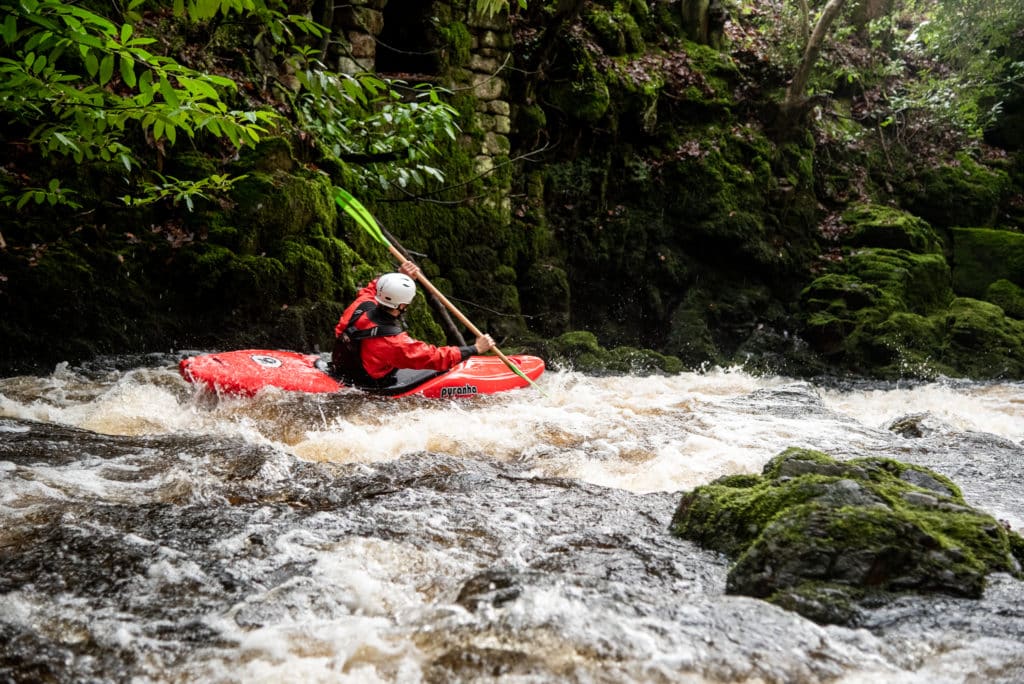
How do you adapt your coaching plan to meet the needs of your client?
It comes down to observation, listening and asking questions in the moment that specifically link to the aims and the motivations that were discussed at the beginning. These questions should provoke self analysis. The most helpful thing for anyone is that they are self-actuating their progression.
For some clients, having a dynamic change in the middle of a session is exactly what they need. Perhaps they realise that the aim they set at the beginning potentially wasn’t realistic and actually what they need is something else. However for other people it may be that there are distractions during the day and what they need is to reset and go back to those original aims set. Your coaching plan is adaptable but it is tailored to each individual and what their needs are.
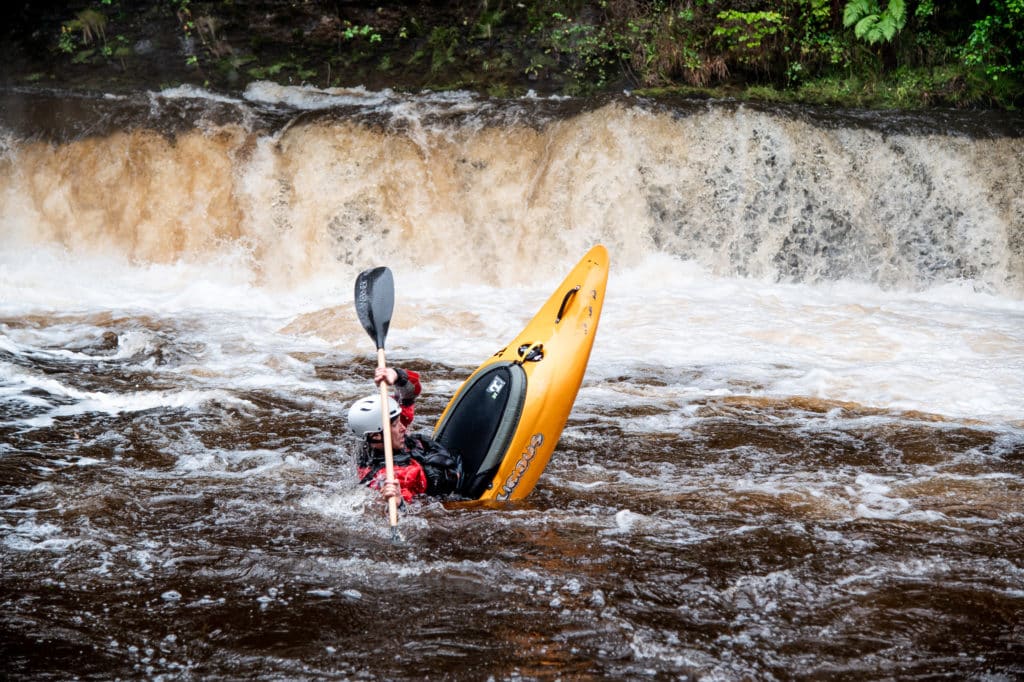
What do you do in your coaching that allows you to support people to progress?
It all comes back to those initial questions and making sure that you are setting realistic aims but also specific aims. It is also important to acknowledge that change rarely happens in the space of a session. You might have the seeds of change being planted in a session but it is going to take time for you to process that information. The person must then go out and work on and apply it over the course of time to actually actualize a change and achieve those aims.
All of the best coaches I have ever had myself have delivered the same kind of feedback. This feedback is specific, targeted and always pointing positive. ‘Your arm needs to be doing this at this point’ is far more helpful than just ‘your arm should not do this.’ Keeping feedback positive can be challenging but on the whole people prefer a carrot than a stick. Using positive affirmation and being consistent with the delivery of feedback can be very helpful for people. You may need to use different methods of communication until you find the one that reaches that person but it will be worth it.
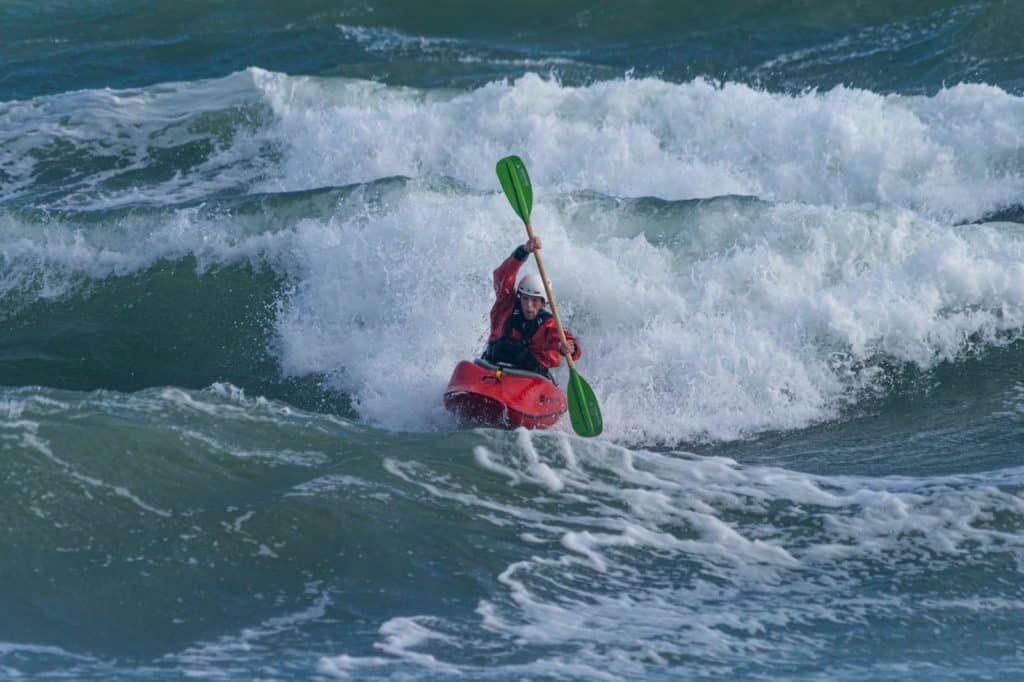
What advice would you give to someone to allow them to get the most out of their coaching session?
This will be very dependent on who the person is and how they learn. One thing I think that really can help is through taking notes. At the end of the day, reflect on what has been said to you and any key things that have struck you throughout the day. Write those things down and allow them to be consciously mulled over. Refer back to those notes over time and from them you can take vital elements which you can then seek to apply. It is only over time that through consciously and deliberately seeking to apply things in your own paddling that you will see change.
Another piece of advice is to enter your coaching session humbly. We all have an ego, whether we are conscious of it or not. We must learn to put that aside when someone is trying to constructively help us to improve. If we don’t put it aside, we make improvement much harder for ourselves. Entering with an openness to receive someone’s wisdom and their analysis will really help you.
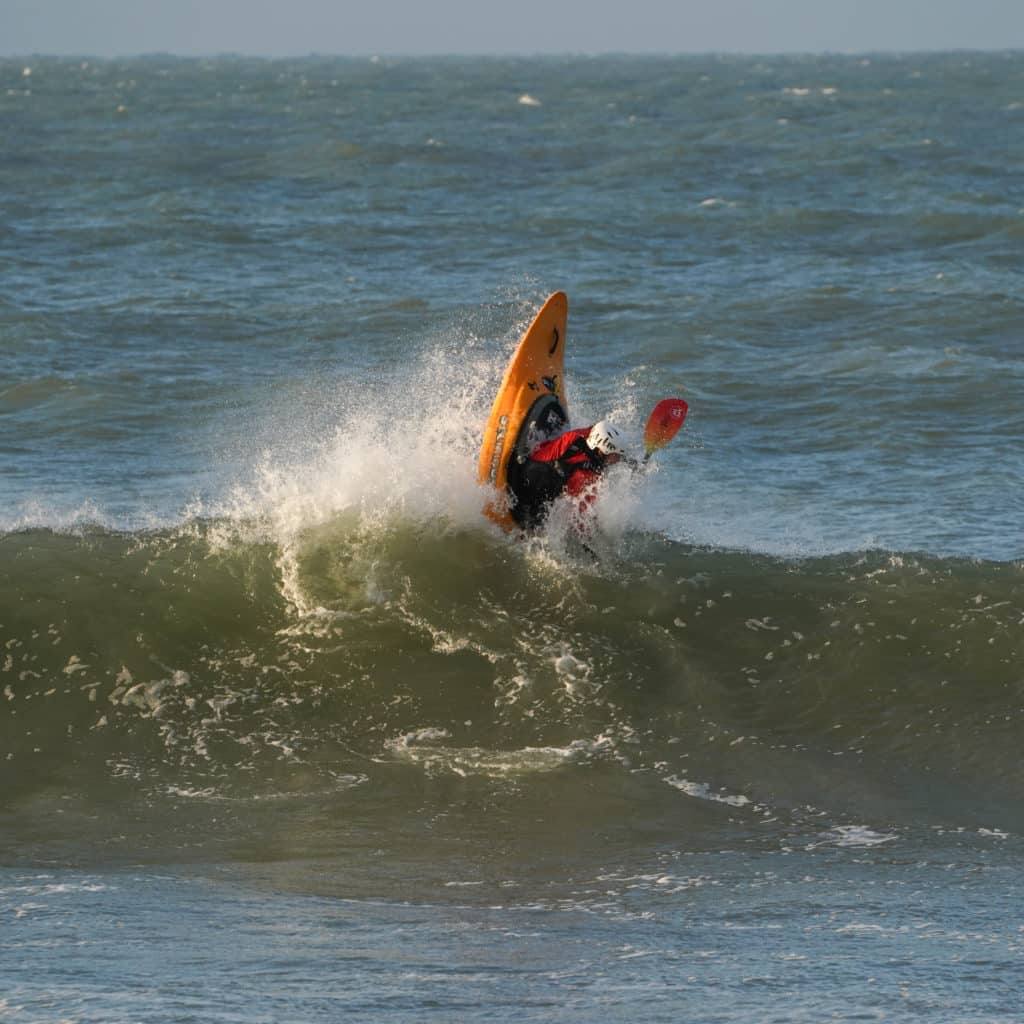
What is is that your enjoy about coaching?
The thing I love the most is that shared enjoyment of the sport. When you are coaching it is not about you, but you can have as much joy in seeing someone else’s progression and being a part of that. This is one side of it.
The other side I really enjoy is collaboration and being able to work with other coaches. Collaboration allows us to hold each other accountable as coaches and develop further. Building a community based coaching environment so that it is reflective of the strong community feel of the wider community is very important to me. Through working together, we can help to build the kayak community even stronger.
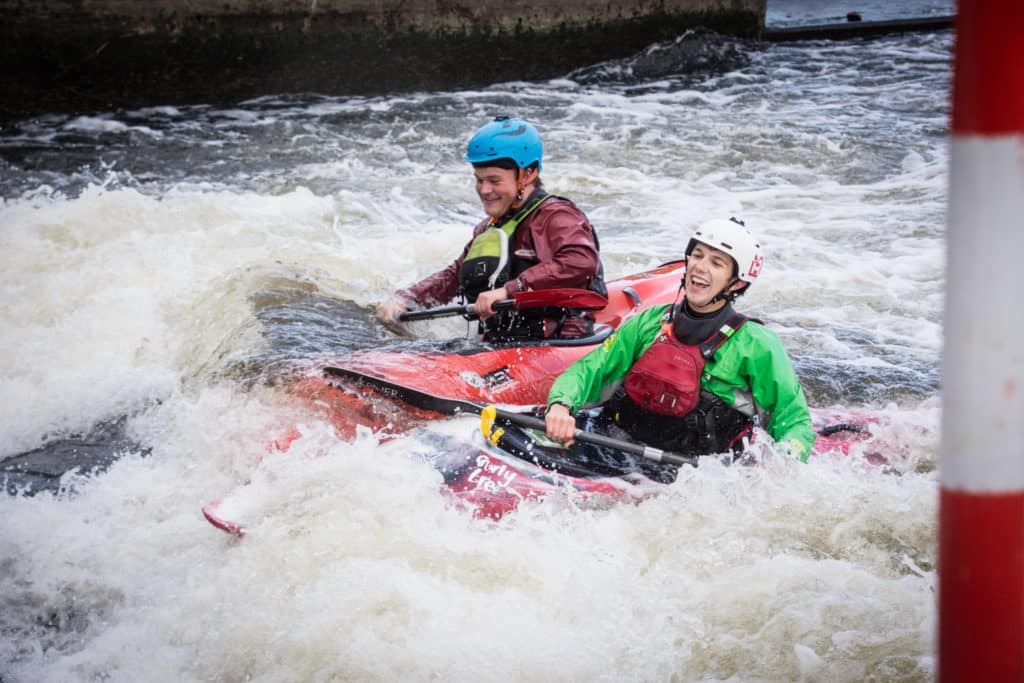
Tell me about your future plans
Linking in to my previous points about collaboration, I have got some exciting plans in motion around this. Jamie from Paddle365 has been a real forerunner in collaborative effort. He has set up this community in which there are so many different coaches working together. These coaches are all phenomenally talented people and somehow I fit in there.
Hire a coach is a new way of approaching both individual and group coaching or guiding across the UK. Essentially it allows paddlers to book a coach by your region and tailor to your needs.
Thank you Matt!
Thank you Matt for sharing your thoughts with us. If you would like to experience some coaching through Matt, you can view his tutorials through his Youtube channel. Or watch a preview video below.

3 replies on “Approaching coaching – an interview with Matt Brook”
What would you recommend to someone who has never kayaked but wants to begin? Thanks
Hi Marek,
You have a couple of options. You could join a club. Most clubs will run introduction to kayaking sessions on a regular basis. This would allow you to try out the sport and see if you like it, as well as trying out different bits of kit and getting to know people who also paddle. Alternatively you could pay for a coach for an introduction to kayaking session. This will be more expensive but might give you a better idea if this is a sport you want to continue with. They can also give you some basic tips to start with which you can then use as a starting point and direct you in how to continue with kayaking if it is something that you like. Hope that helps!
[…] know first hand what an incredible coach he is. You can read a previous guest blog I wrote with him here. We all caught up as a group and then headed to the […]